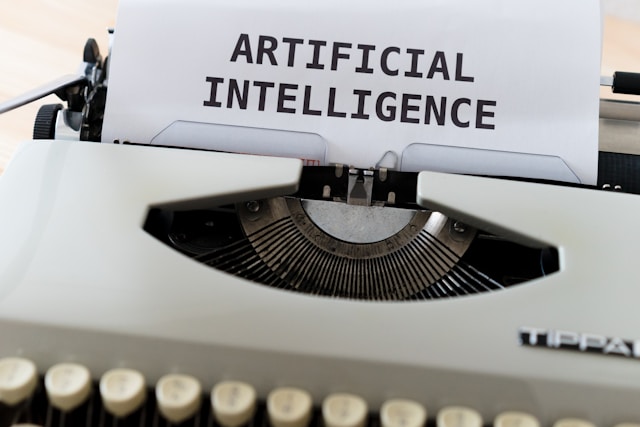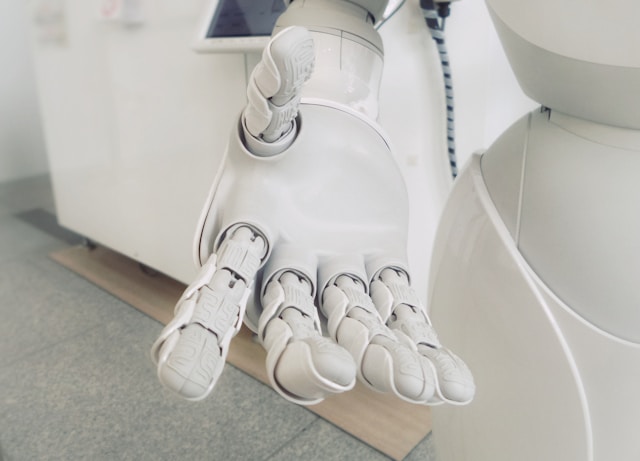Artificial intelligence (AI) has revolutionized various industries, and marketing is no exception. The integration of AI in marketing strategies has transformed the way businesses approach customer engagement, data analysis, and campaign management. Here’s an in-depth look at how AI is reshaping the marketing landscape.
Personalization at Scale
One of the most significant contributions of AI in marketing is the ability to offer personalized experiences at scale. AI algorithms analyze vast amounts of customer data, including browsing behavior, purchase history, and social media interactions, to create highly personalized marketing messages. For example, AI can customize email content, product recommendations, and advertisements to align with individual preferences, leading to higher engagement and conversion rates.
Predictive Analytics
AI-powered predictive analytics enables marketers to anticipate future consumer behavior based on historical data. By leveraging machine learning models, businesses can forecast trends, customer lifetime value, and churn rates. This foresight allows marketers to make data-driven decisions, optimize their campaigns, and allocate resources more effectively. Predictive analytics also helps in identifying high-value customers and crafting strategies to retain them.
Chatbots and Virtual Assistants
AI-driven chatbots and virtual assistants have become indispensable tools for customer service and engagement. These intelligent agents can handle a multitude of queries, provide instant responses, and guide customers through their buying journey. Unlike human agents, AI chatbots can operate 24/7, ensuring that customers receive timely support. Moreover, advanced chatbots use natural language processing (NLP) to understand and respond to complex queries, enhancing the overall customer experience. CleanDesk AI for instance believes that businesses tackle intricate customer challenges amid product complexity, rapid advancements, and high expectations. Overcoming these with availability, integration, and personalized support ensures reputation and great experiences (www.cleandesk.ai).
Content Creation and Curation
AI is also making strides in content creation and curation. Natural language generation (NLG) algorithms can produce human-like text, enabling the automated creation of product descriptions, blog posts, and social media content. Additionally, AI tools can curate content by analyzing user preferences and suggesting relevant articles, videos, and posts. This ensures that the content delivered to users is both engaging and pertinent, fostering stronger connections with the audience.
Ad Campaign Optimization
AI enhances the efficiency of ad campaigns through real-time optimization. Programmatic advertising platforms use AI to buy and place ads based on predefined criteria and real-time bidding. These platforms analyze performance data continuously and adjust bids, targeting parameters, and creatives to maximize ROI. Furthermore, AI can identify patterns and insights that human marketers might overlook, ensuring that ad budgets are spent more effectively.
Social Media Monitoring
AI-powered social media monitoring tools help marketers track brand mentions, sentiment, and trending topics across various platforms. By analyzing this data, businesses can gauge public perception, identify potential crises early, and engage with their audience more effectively. Sentiment analysis, a subset of social media monitoring, uses AI to determine the emotional tone of posts and comments, providing valuable insights into consumer opinions and attitudes.
Customer Segmentation
Traditional customer segmentation relies on broad demographic data, but AI takes this a step further by incorporating behavioral and psychographic data. Machine learning algorithms can identify nuanced customer segments based on their actions, preferences, and engagement patterns. This granular segmentation allows for more targeted marketing efforts, ensuring that messages resonate with specific groups and drive higher engagement.
Enhancing User Experience
AI plays a crucial role in enhancing the overall user experience. Personal assistants, like Siri and Alexa, powered by AI, offer seamless interaction and can be used to provide personalized recommendations, reminders, and information. On e-commerce platforms, AI-driven search engines improve product discovery by understanding natural language queries and providing relevant results. These advancements contribute to a smoother, more intuitive user experience.
AI is a powerful tool that offers numerous benefits for marketers, from personalized customer interactions to advanced data analytics. As AI technology continues to evolve, its applications in marketing will only expand, driving innovation and efficiency in the industry. Embracing AI can give businesses a competitive edge, allowing them to connect with their audience in more meaningful and impactful ways.






Leave a Reply